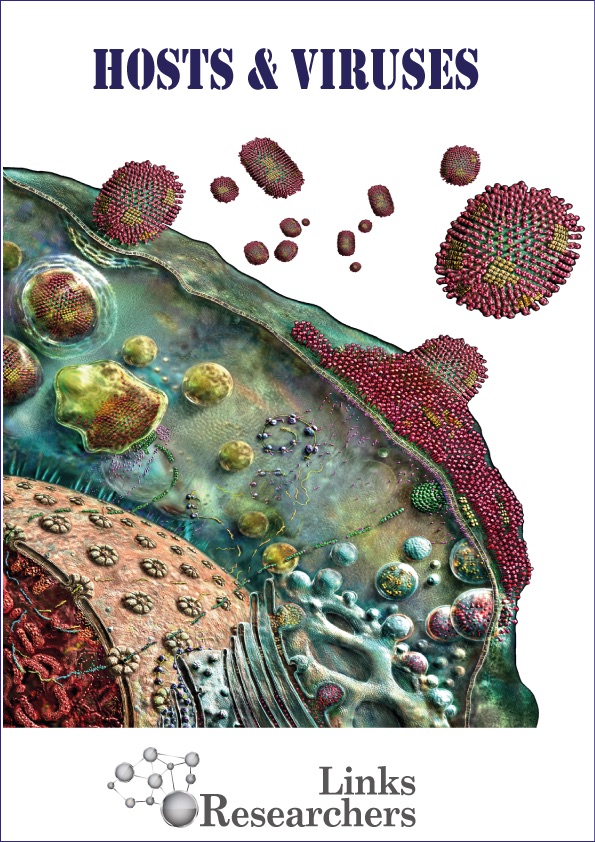Immunomodulatory Role of Vitamin D in Infectious and Non-Infectious Diseases
Immunomodulatory Role of Vitamin D in Infectious and Non-Infectious Diseases
Muhammad Rehan3, Asim Aslam3, Javeria Umber4, Muti-ur-Rehman Khan3, Waqar Azeem3, Hassan Aftab5, Ahsan Anjum3, Muhammad Abid6, Abdul Hameed Khan3, Hafiz Hasnain Ayoub5, Altaf Hussain2 and Muhammad Farooq Khalid1*
ABSTRACT
Vitamin D secosteroids are group of liposoluble prohormones consisting of five different vitamins, the most important forms being vitamin D2 and vitamin D3. Previous and current studies revealed the putative immunomodulatory role of 1,25(OH)2D3 besides its classical role of maintaining phosphorus and calcium metabolism inside body. Vitamin D is involved in homeostasis of innate and adaptive immune responses by modulating activity of monocytes, dendritic cells, macrophages and activation of T and B lymphocytes. Vitamin D modulates cytokine response and anti-microbial peptides (AMPs) production which boost innate immune response. Hypovitaminosis D is a significant risk factor for infectious and non-infectious diseases however its exact mechanism is still unknown, but low levels of vitamin D has been detected in different diseased cases. Recent investigations have reported various cells of body exhibiting vitamin D receptors and CYP27B1 which is capable of converting inactive form vitamin D into biologically active form 1,25(OH)2D3, that important for maintaining immune homeostasis. These findings lead to more studies on the non-classical effects of vitamin D especially on immune responses. Vitamin D receptor (VDR) regulated transcription depends on co-modulators, which act in a cell specific manner. Also, increasing the resistance to currently used antibiotics requires cost effective alternatives while vitamin D can serve as inexpensive therapeutic agent in prophylaxis as well as treatment of several infections. This review summarizes current knowledge on complex immune-modulatory role of vitamin D at cellular level as well as different mechanisms through which vitamin D exert protective role against different viral, bacterial, parasitic infections and non-infectious disorders.
To share on other social networks, click on any share button. What are these?





